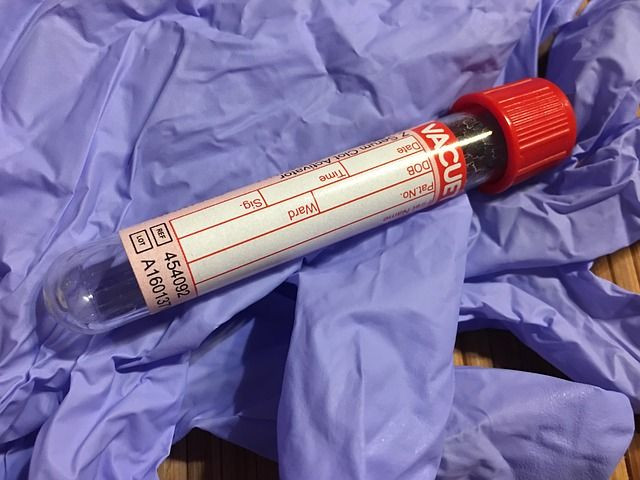Can Alzheimer’s Disease Be Reversed By Young Blood Transfusion? Human Plasma Injections May Be Key To Fountain Of Youth

The obsession with staying eternally young has been around forever: Egyptian Queen Cleopatra bathed in donkey milk, and 16th Century Hungarian Countess Elizabeth Bathory immersed herself in the blood of virgins, in attempts to stay young. Today, researchers suggest Bathory had it partly right: young blood could be the fountain of youth when it comes to brain health.
A study presented at the 2016 Society for Neuroscience's annual meeting in San Diego Calif., found injecting young blood into old mice could ward away age-related cognitive decline, with the potential to become an anti-aging treatment for people.
“Young human plasma improves cognition,” said Sakura Minami of Alkahest, the company behind the work, to New Scientist. “Their memory was preserved.”
Previous research in mice has shown a transfusion of young mouse blood could improve cognitition, and the health of several organs in older mice, including the liver and heart. It could even make those animals look younger. However, Minami and her colleagues wondered if blood plasma from young people could yield the same benefits in mice.
In the study, researchers took blood samples from 18 year olds, and injected them into 12-month-old mice. This is the equivalent of age 50 for people, where the mice begin to show signs of aging, move slowly, and perform worse on memory tests. The team also examined the brains of the treated and untreated mice by looking for clues of neurogenesis, or the birth of new neurons in the hippocampus, which is believed to be vital for memory and learning.
Injections of human blood were administered twice a week in the older mice. After three weeks of injections, the mice were submitted to several tests. The mice injected with human blood performed as well as 3-month-old mice who had not received injections. Memory improved, as the mice were better at remembering their way around a maze than untreated mice. In addition, the older mice appeared to have created more new cells in their brain.
“Young human plasma treatment can increase neurogenesis,” said Minami, according to New Scientist.
So, what in young blood is responsible for these benefits?
Minami admits she has identified some factors, but she won't reveal what they are just yet. However, some of these factors seem to be crossing into the brain, while others act elsewhere in the body.
The researchers hope to replicate these results in humans, especially those who have started to experience the effects of an aging brain. Alkahest has already launched their first human clinical trial of 18 people aged 50 to 90 with mild to moderate Alzheimer’s disease injected with young blood. Each participant receives a unit of young human plasma or saline once a week for four weeks.They have the next six weeks off, then have four more weeks of infusions, where those who had plasma first time around get saline and vice versa. This is a blinded process where neither the patients, the caregivers, or administrators know who is receiving what. The doctors will keep track of results, including cognitive improvements.
If the trial proves successful, the findings would need to be replicated at other hospitals or in more patients. Benefits of young blood transfusions also need to be measured to determine the best doses and ages to administer the plasma. Moreover, researchers would need to observe how patients’ brains change, and whether these improvements could help patients with advanced Alzheimer’s symptoms, such as not remembering family members.
Source: Minami S. Society for Neuroscience annual meeting in San Diego Calif. 2016.



























